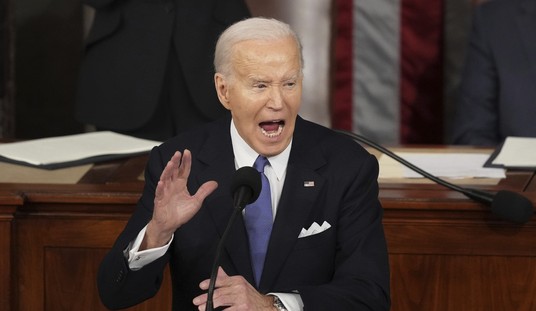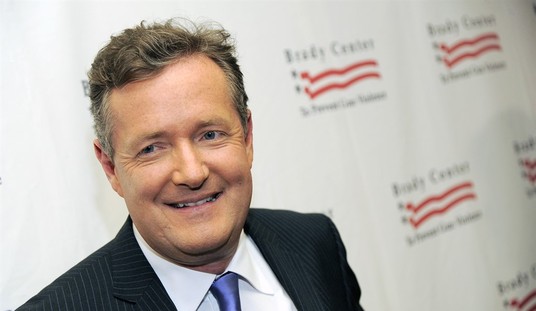A lovable elephant is stealing the hearts of children and adults across America. Would you ever expect that Horton of “Horton Hears a Who” could reach the pinnacle of Hollywood stardom as the lead in a number-one box-office hit? The elite executives of Tinseltown would answer “no.” Their reasoning? Horton is a G-rated, animated movie. They claim to know that G-rated movies cannot be number one, especially one based on a Dr. Seuss book written in 1954 about a friendly, talking elephant that comes to the rescue of a community of tiny folks called Whos.
Have you ever watched a movie and thought, “Why did they have to put that in there?” (You fill in the blank with one or all of the following: foul language, nudity, excessive violence, etc.) “This movie would have been so much better without it,” you think. “It really wasn’t necessary and only ended up detracting from the movie.” We have such thoughts frequently.
Hollywood likes to respond: “We are just giving people what they want.” But who are these “people” they are catering to by making movies filled with explicit nudity, graphic violence, profanity and foul language, and rated R or N-17? For answers to questions about the movie marketplace, let’s look at some empirical data. Recent studies reveal that G-rated movies perform exceedingly better in the box office than films on the opposite side of the spectrum. The Nielsen Company reports “G” movies make three to five times more money per movie at the box office than R-rated films.
And it’s not only that the film is G-rated that brings people to the movie theater, but that it’s a movie with strong moral content, like 2007’s popular “Enchanted,” or movies with a strong redemptive or Christian worldview. In the last decade, movies which come to mind with this philosophical viewpoint and theme are “Amazing Grace,” “The Lord of the Rings” trilogy, “Spider-Man 3, “The Chronicles of Narnia” and “Remember the Titans,” to name just a few.
“Sex, nudity, obscenity, and profanity don’t really sell that well, especially in extreme forms,” says Dr. Ted Baehr, founder and publisher of Movieguide, a comprehensive directory which examines the content of movies. “But movies with very strong Christian worldviews do three to 11 times better than movies with sex, nudity and foul language,” he says. “They also perform much better than movies with very strong non-Christian, immoral, false, or even anti-Christian worldviews.” Baehr’s data comes from a recently released five-year study showing that movies with very strong Christian worldviews earn the most money.
Recommended
Hollywood would do itself and America a service if it went back to the Code of Decency that led to what has been called Hollywood’s Golden Era from 1933 to 1966. In the 1930s, the film industry formed a group to improve their image and they introduced the Production Code, “to help the industry regulate itself by following certain moral principles and guidelines.” During the years that it was enforced, most movies had noble themes, such as honor, duty, valor, and pride in our national heritage. Not only that, there was a clear distinction between right and wrong. Jack Warner of Warner Brothers Studio said all of his movies had to have a moral to the story with a noble hero and an immoral scoundrel, both sides sharply defined.
When the Codes of Decency were abandoned in 1968, and superseded by the new ratings systems which are still in use today, movies quickly changed (and not for the better). Movies made up until 1968 directed the movie watcher toward towering ideals and truths, like the classic Westerns. But then began the downhill slide. By the ‘70s, moral absolutes began to disappear from the movies. Think: “The Graduate.”
President Reagan detested how movies had changed in the ‘60s and ‘70s and wrote in a letter while governor of California, “[T]hose pictures with no four letter words, no nude scenes, no blatant sex, no vulgarity were better theatre than today’s realism.” Reagan’s words still hold true today and we couldn’t have said it better.
Let’s hope Hollywood finally listens and gets the message by making more quality movies that Americans want to buy a ticket to see. Americans want to leave the theater feeling good, not wishing we hadn’t just shelled out our money on garbage. Give us movies with real heroes and stories that are uplifting, inspiring and good clean fun. Money talks. Are you listening, Hollywood?
























Join the conversation as a VIP Member